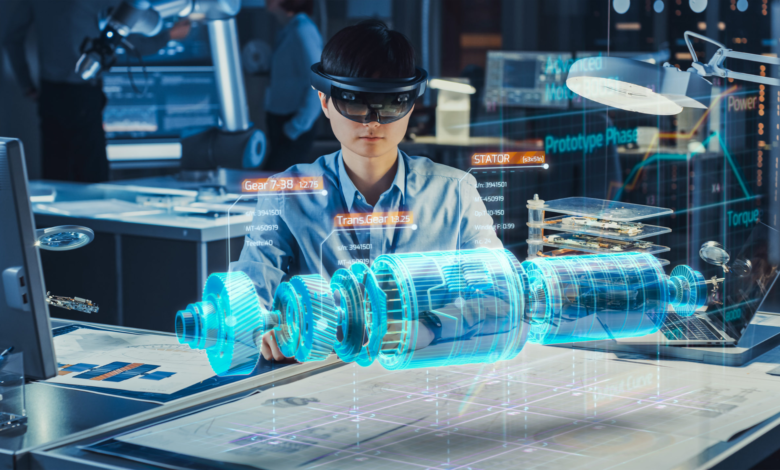Exploring the Transformative Power of Technology in the Modern Age
In the rapidly evolving digital landscape of the 21st century, technology has become an integral part of our lives, driving unprecedented progress and innovation across various sectors. From artificial intelligence and robotics to virtual reality and blockchain, technological advancements have reshaped industries, transformed societies, and revolutionized the way we live, work, and communicate. In this article, we will delve into some of the most impactful areas where technology has made a significant difference and explore the potential implications for the future.
Artificial Intelligence and Machine Learning:
Artificial intelligence (AI) and machine learning (ML) have emerged as game-changers across numerous fields. AI-powered algorithms are enhancing decision-making processes, automating mundane tasks, and enabling personalized experiences. From virtual assistants like Siri and Alexa to advanced medical diagnostic tools, AI is transforming industries ranging from healthcare and finance to manufacturing and transportation.
Internet of Things (IoT):
The Internet of Things refers to the network of interconnected devices embedded with sensors, software, and connectivity, enabling them to collect and exchange data. IoT has the potential to create smart homes, smart cities, and smart industries. By leveraging IoT, we can improve efficiency, reduce costs, and enhance sustainability. IoT applications span from smart thermostats and wearables to connected cars and industrial automation.
Blockchain Technology:
Blockchain, the underlying technology behind cryptocurrencies like Bitcoin, has revolutionized the way we record and verify transactions. Its decentralized and transparent nature eliminates the need for intermediaries, enhancing security and trust. Beyond cryptocurrencies, blockchain finds applications in supply chain management, healthcare, voting systems, and more. It has the potential to streamline processes, eliminate fraud, and promote transparency across various industries.
Augmented and Virtual Reality:
Augmented reality (AR) and virtual reality (VR) have the power to transform our perception of reality. AR overlays digital information onto the real world, enhancing experiences in fields such as gaming, education, and retail. VR, on the other hand, immerses users in virtual environments, offering immersive simulations, training programs, and entertainment. These technologies have the potential to revolutionize education, healthcare, architecture, and entertainment.
Renewable Energy and Sustainability:
Technology plays a crucial role in tackling environmental challenges and promoting sustainability. The advancements in renewable energy technologies such as solar, wind, and hydro power have significantly reduced our reliance on fossil fuels. Energy storage technologies, smart grids, and energy management systems are further optimizing energy usage and distribution. With continued innovation, technology can help us transition to a greener and more sustainable future.




